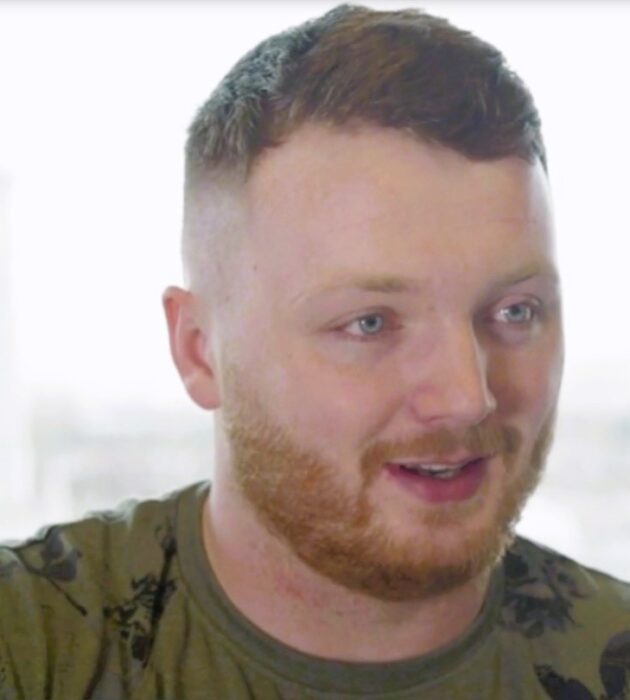26 February 2024
Pathways programme
Steve: my approach to leadership has changed
Steve, a Pathway 1 leader, explores how his leadership style has changed as a result of the Pathways programme.
Growing up in foster care, Steve has been around social workers all his life. Qualified for four years, Steve has worked in various teams, from working with looked after children, to child protection and is keen to develop in his career.
He credits the Pathways programme for helping him move up to the team manager role. We caught up with him to find out how.
What three key things stood out to you from the Pathways programme?
- A collaborative environment
The Pathways programme was really inclusive and adaptable to the needs of each leader, which was amazing. The residential and the different workshops were collaborative, a great chance to meet with different leaders across the country. We could have open discussions on a variety of topics.
Getting so many different local authorities in one place allowed us to draw on each other’s expertise. I could then take this knowledge and adapt it to my area.
- Leadership skills
My leadership skills developed greatly as a result of taking part in Pathway 1. I credit this to the different topics covered on the programme and my coach.
Firstly, my coach got me thinking differently. They weren’t a social worker, which was great as this allowed for a different perspective. We discussed management skills and how to motivate my team, which were relatively new topics for me.
Secondly, the session about supervision was great. This explored what effective and reflective supervision looks like and gave us materials we could take away to use in our day-to-day roles. I now refer back to these often in my role as a team manager.
- Social graces
The social graces* were quite a new concept for me, so I really enjoyed the chance to build my knowledge in this area. This session explored how social graces inform work with supervisees and families and dived into approaches to managing bias and anti-oppressive behaviours. This now informs my practice and I bring this into supervision with my team.
How have you developed your leadership skills on the Pathways programme?
From high quality supervision to management skills to social graces, these have all had an impact on my role as a leader. Moving into a new role I utilise these new skills and can see how my approach to leadership has changed. I’m now less reactive as a manager, can step back and work more holistically and think more broadly about what my team needs. For example, thinking about staff wellbeing, best practice and how we can collaborate to achieve the best for children and families.
*John Burnham and colleagues developed the acronym ‘social graces’ to represent aspects of difference in beliefs, power and lifestyle, visible and invisible, voiced and unvoiced, to which we might pay attention in supervision. The ‘social graces’ have grown since their original development and currently represent: gender, geography, race, religion, age, ability, appearance, class, culture, ethnicity, education, employment, sexuality, sexual orientation and spirituality, though the acronym can be more than a list.
